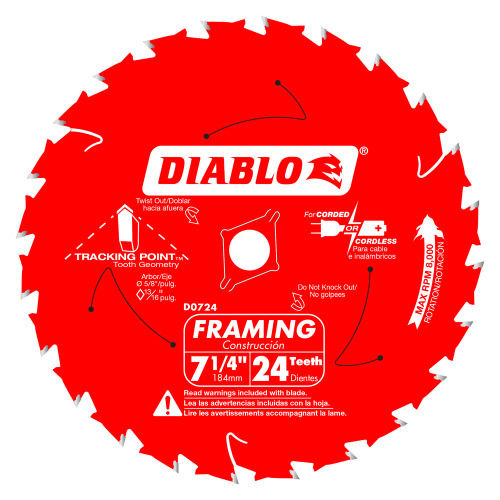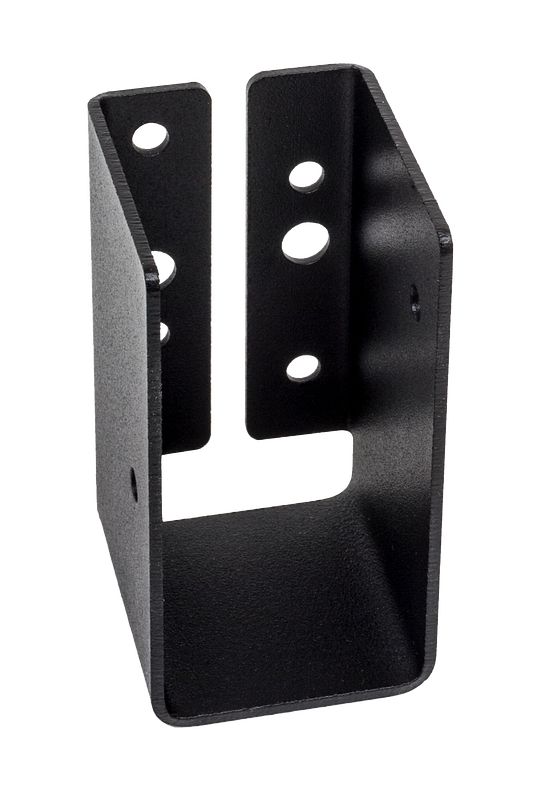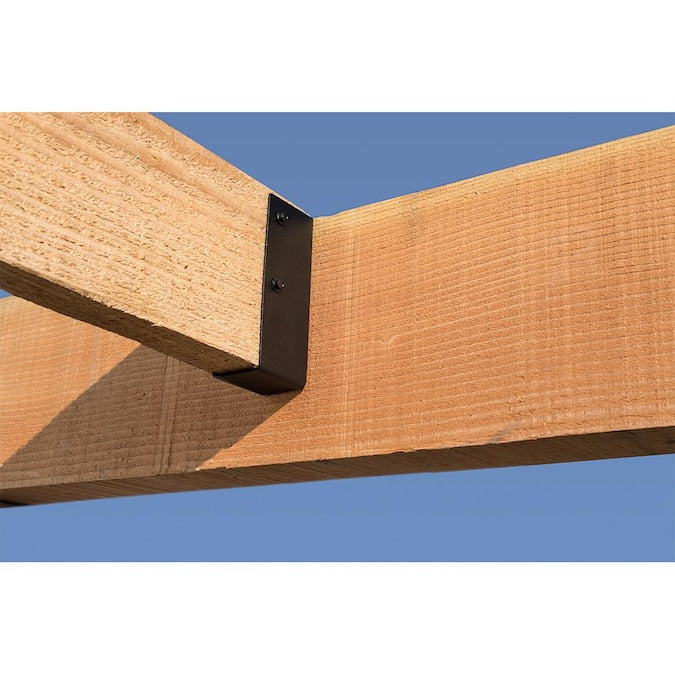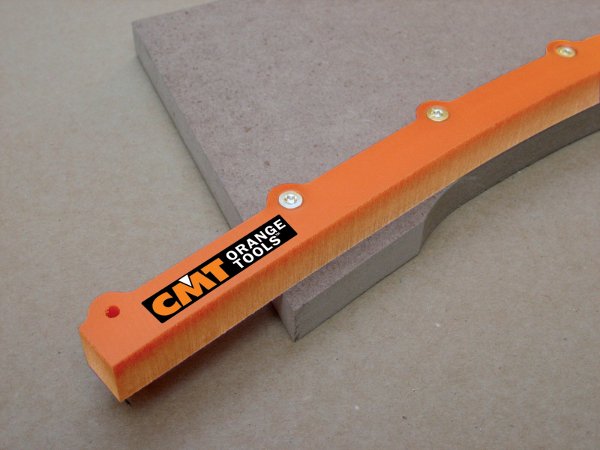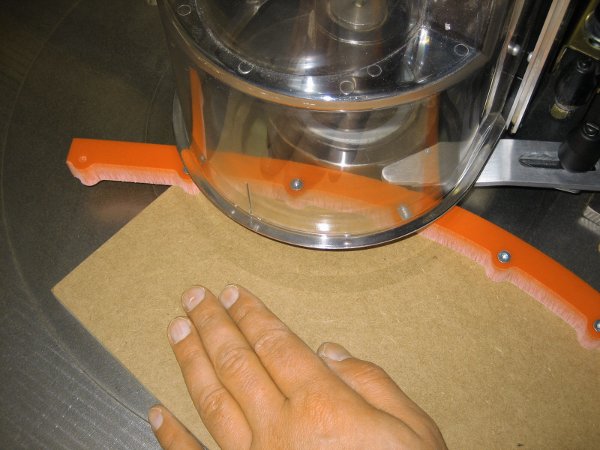When embarking on a pergola construction project, one of the crucial decisions you'll need to make is choosing the right type of fasteners. Pergolas are not only aesthetically pleasing but also serve as functional outdoor spaces for relaxation and entertainment. To ensure the structural integrity and longevity of your pergola, selecting the appropriate fasteners is of paramount importance. The debate between using nails or screws as pergola fasteners has been ongoing, with enthusiasts and experts presenting valid arguments on both sides. In this article, we'll delve into the pros, cons, and key considerations for each option, helping you make an informed choice.
A Traditional Approach
Nails have long been a staple in woodworking and construction, known for their simplicity and affordability. They're relatively easy to use, requiring only a hammer to secure them in place. When it comes to pergola construction, nails can offer certain advantages.
Pros of Using Nails
Nails can be driven in quickly, making the installation process faster compared to screws, which require more precise alignment.
Nails are generally cheaper than screws, which can significantly reduce the overall cost of your pergola project.
Nails have a degree of flexibility that can accommodate natural wood movement due to changes in humidity and temperature.
Cons of Using Nails
Less Structural Integrity: Nails might not provide the same level of structural integrity as screws. Over time, they can loosen or pull out due to factors like weather conditions and wood expansion.
If a nail needs to be replaced or removed, it can be challenging to do so without causing damage to the surrounding wood.
Nails can cause wood to split, especially if they're not driven in precisely or if the wood is dense.
Screws have gained popularity in construction due to their superior holding power and reliability. They offer a stronger connection and are favored by many builders for their ability to create a more secure and long-lasting structure.
Pros of Using Screws
Enhanced Strength: Screws create a tighter and more secure bond, reducing the risk of components coming loose over time.
If a screw needs to be replaced, it can be done more easily and without causing extensive damage to the surrounding wood.
Screws have a higher resistance to being pulled out compared to nails, providing better overall stability.
Cons of Using Screws
Slower Installation: Installing screws can be more time-consuming than using nails, as they require careful alignment and the use of a power drill.
Screws are generally more expensive than nails, which can impact the budget of your pergola project.
While screws are less likely to split wood compared to nails, there's still a possibility, especially if the screw size is too large for the wood.
Key Considerations for Choosing Pergola Fasteners
Making the right choice between nails and screws for your pergola fasteners involves considering several factors
If cost is a significant factor, nails might be the more economical choice, but keep in mind the potential trade-offs in terms of longevity and stability.
If you're looking for a pergola that will stand the test of time, screws offer better durability and resistance to the elements.
Nails are generally easier to work with, making them suitable for DIY enthusiasts, while screws require more precision and a power tool.
Screws often have a lower profile and can create a cleaner look, which might be preferable if aesthetics are a top priority.
The type of wood you're using for your pergola can influence the choice of fasteners. Some woods are more prone to splitting, which can affect the choice between nails and screws.
In the debate between using nails or screws as pergola fasteners, there isn't a one-size-fits-all answer. Each option has its own set of advantages and disadvantages, and the right choice depends on your specific project requirements, budget, and preferences. If budget is a primary concern and you're willing to accept potential compromises in longevity, nails could be a suitable choice. On the other hand, if you prioritize strength, durability, and a secure structure, screws are likely the better option. Ultimately, making an informed decision will help ensure that your pergola stands as a sturdy and beautiful addition to your outdoor space for years to come.


